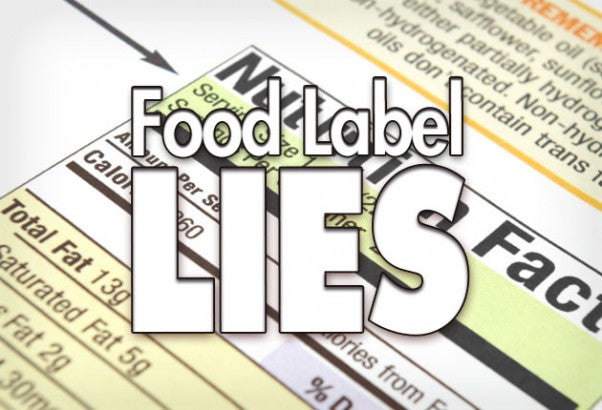Food labels are pretty straight forward, right? Wrong.
As more and more health-conscious consumers get smart about reading labels before making a purchase, companies with not-so-healthy ingredients are finding ways to save face.
You really need to know the what the rules are and how food manufacturers get around them to make a product sound wholesome and good for you.
For example, we've been conditioned to think that just because something says it's "natural" that it's a good thing. But the term "natural" means nothing on a food label anymore.
Anyone can say it about pretty much any kind of ingredient. For example, "natural flavors" can be code for MSG. In fact, MSG is known by a host of aliases including:
- autolyzed yeast
- calcium caseinate
- gelatin
- glutamate
- glutamic acid
- hydrolyzed corn gluten
- hydrolyzed protein
- hydrolyzed soy protein
- monopotassium glutamate
- monosodium glutamate
- plant protein extract
- sodium caseinate
- textured protein
- yeast extract
- yeast food
Which ingredient is an automatic "no" for you? Scroll below the related articles to comment!





